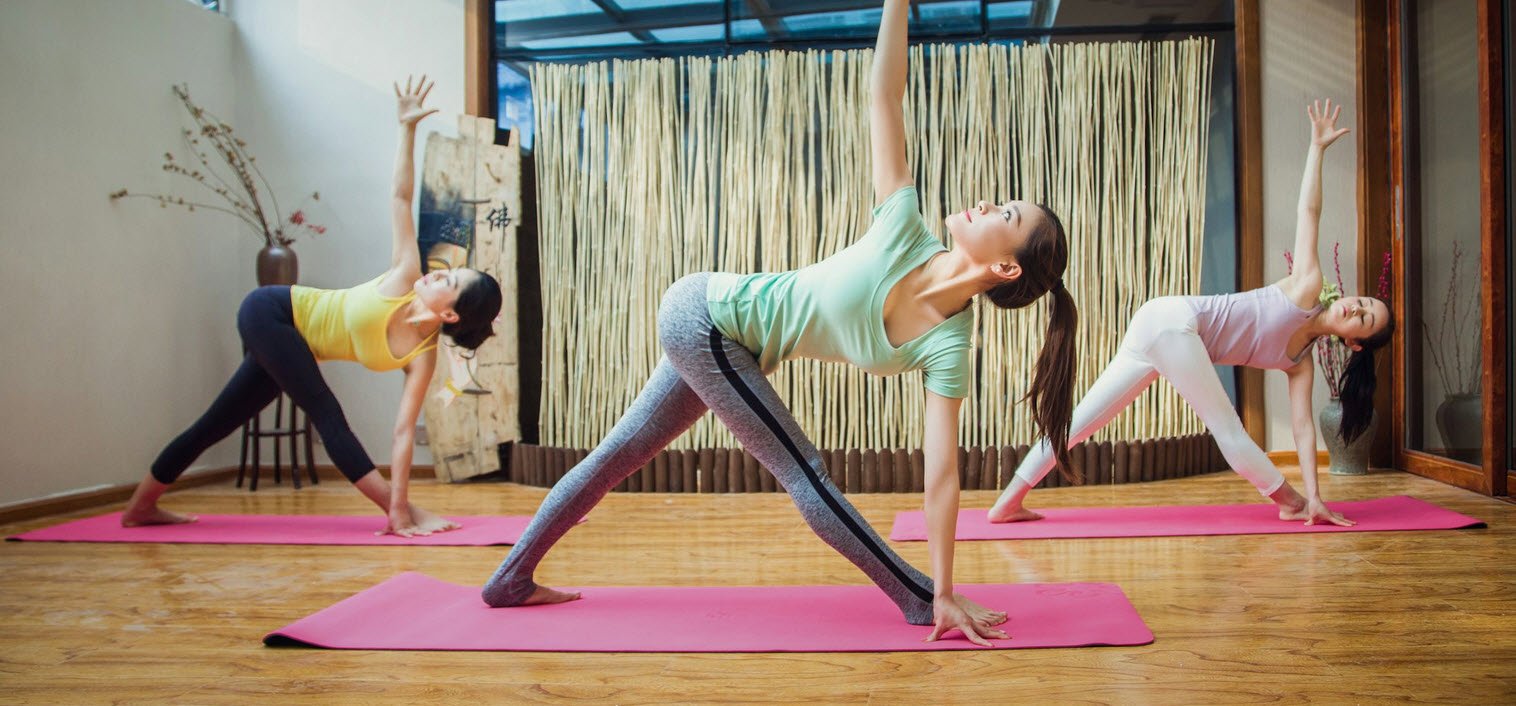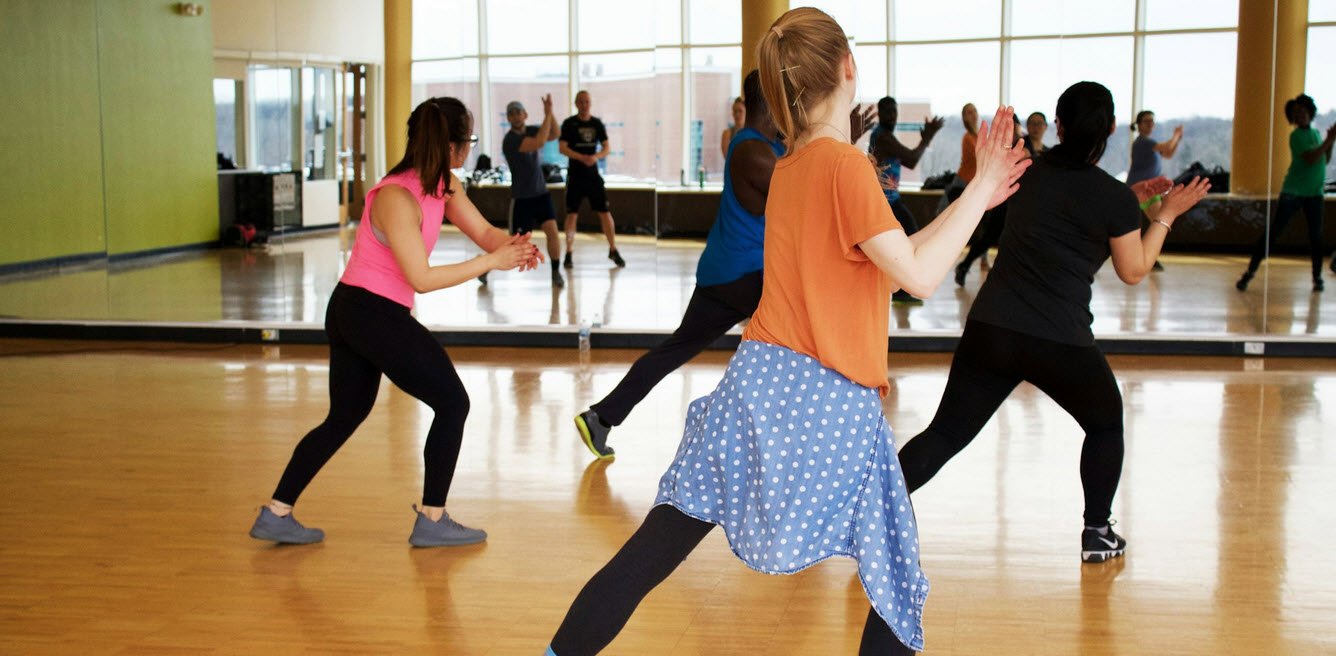Understanding How Physical Activity Boosts Your Body’s Natural Defenses
We often hear that exercise is good for our health. It helps us stay fit, manage weight, and feel energetic. But did you know that regular exercise can also improve your immune system?
Your immune system is your body’s natural defense system. It protects you from infections, viruses, and diseases. When it’s strong, you stay healthy and recover faster from illnesses. In this article, we’ll explore how exercise supports immunity, what the science says, and the best types of workouts to try.
What Is the Immune System?
The immune system is a network of cells, tissues, and organs that work together to fight harmful substances like bacteria, viruses, and toxins. It includes:
- White blood cells (that fight germs)
- The lymph system
- The spleen, thymus, and bone marrow
A healthy immune system can detect and destroy harmful invaders quickly. But it needs the right support from you—through good food, rest, and physical activity.
How Exercise Helps Your Immune System
1. Boosts Circulation of Immune Cells
When you move your body, your heart pumps faster and your blood flows more quickly. This increased circulation allows white blood cells and other immune fighters to move throughout your body more efficiently.
Science Says:
Studies show that moderate exercise helps immune cells patrol the body more effectively, detecting and dealing with pathogens faster than usual.
2. Reduces Inflammation
Chronic inflammation can weaken your immune system. Conditions like obesity, stress, and poor sleep increase inflammation and make it harder for your body to fight infections.
Exercise, especially moderate and regular physical activity, reduces inflammation by lowering stress hormones and improving blood sugar levels.
3. Supports Healthy Weight
Excess body fat, especially around the belly, is linked to lower immunity and higher risk of infections. Regular exercise helps manage weight and reduce fat, which supports immune function.
4. Improves Sleep Quality
Poor sleep is one of the top reasons people get sick often. Exercise helps you sleep better by regulating your body clock and reducing stress.
When you sleep well, your body produces immune-boosting hormones and repairs itself more efficiently.
5. Reduces Stress Levels
Chronic stress weakens your immune response by increasing cortisol levels. Exercise is a natural stress reliever. It releases endorphins—feel-good chemicals that help you feel calm and relaxed.
Less stress = stronger immunity.
Exercise: How Much Is Too Much?
While regular exercise is great for immunity, overtraining or extreme workouts without proper rest can have the opposite effect.
Too much exercise can:
- Increase cortisol (stress hormone)
- Reduce immune cell function temporarily
- Make you more prone to illness or injury
The key is balance.
Aim for moderate-intensity exercise most days of the week. That means getting your heart rate up, but still being able to talk while exercising.
Best Types of Exercise for Immune Health
You don’t need to run a marathon or lift heavy weights. Many simple forms of physical activity can help improve your immunity.
1. Walking or Jogging
Just 30 minutes a day of brisk walking can make a big difference in your immune system’s ability to fight illness.

2. Yoga or Stretching
Yoga not only improves flexibility and strength, but it also calms the mind and reduces stress—a big win for your immune health.

3. Cycling
Whether outdoors or on a stationary bike, cycling boosts your heart health and circulation, which helps your immune cells move more efficiently.

4. Strength Training
Lifting weights or using resistance bands a few times a week can increase your muscle mass and improve metabolism, which supports immunity.

5. Dancing or Group Fitness
Fun activities like Zumba or aerobics combine movement with mood-lifting music, offering both physical and mental benefits.

Nutrition + Exercise = Better Immunity
Exercise alone won’t make you immune to illness. It works best when combined with other healthy habits like:
- Eating plenty of fruits and vegetables
- Staying hydrated
- Getting enough sleep
- Limiting alcohol and processed foods
- Practicing good hygiene
Think of exercise as one part of the bigger picture for strong immunity.
What Research Says
- A study published in the Journal of Sport and Health Science found that regular moderate exercise reduces inflammation and improves the immune response to respiratory infections.
- Another study from the British Journal of Sports Medicine showed that people who exercised at least 5 days a week had 40% fewer sick days than those who were mostly inactive.
- Research from Harvard Medical School suggests that exercise enhances the body’s production of antibodies and T-cells (the “soldiers” of your immune system).
Final Thoughts
So, can exercise improve your immunity? Absolutely.
But it’s not about going to the gym every day or doing intense workouts. Even small, daily movements—like walking, stretching, or light cycling—can support your body’s natural defenses.
Here’s a quick summary:
- Aim for 30 minutes of moderate activity, 5 times a week
- Combine exercise with healthy eating, sleep, and stress management
- Avoid overtraining—your body needs rest too
- Stay consistent for long-term benefits
Your immune system works hard to protect you. Help it do its job better by moving your body regularly and mindfully.
Move more, stress less, and stay well!




Pingback: 7 Herbal Teas That Naturally Boost Immunity - Health Hyme